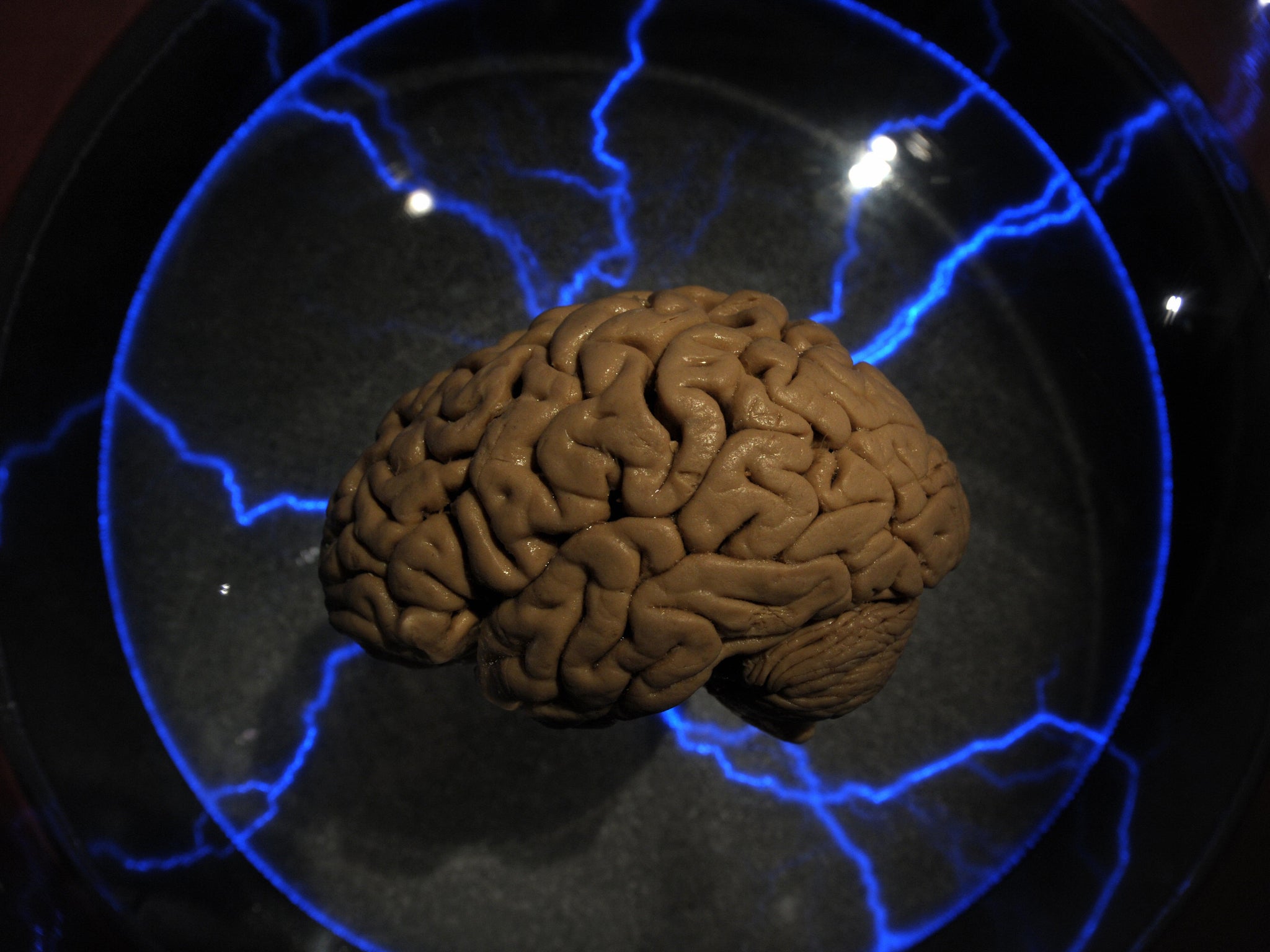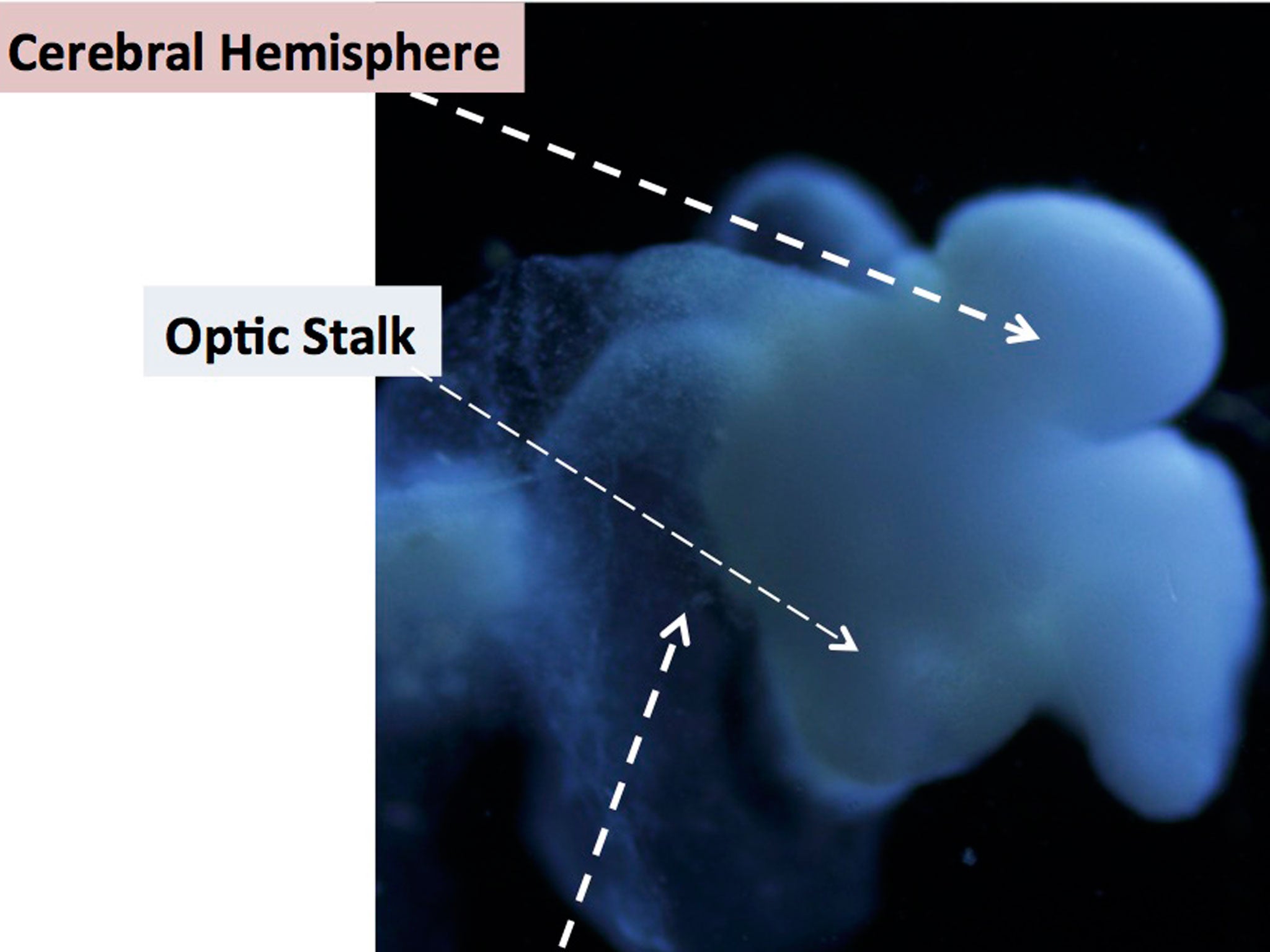Scientists grow almost fully formed human brain in a lab for the first time
Hopes raised of breakthrough in Alzheimer's, Parksinson's and autism treatment

Your support helps us to tell the story
From reproductive rights to climate change to Big Tech, The Independent is on the ground when the story is developing. Whether it's investigating the financials of Elon Musk's pro-Trump PAC or producing our latest documentary, 'The A Word', which shines a light on the American women fighting for reproductive rights, we know how important it is to parse out the facts from the messaging.
At such a critical moment in US history, we need reporters on the ground. Your donation allows us to keep sending journalists to speak to both sides of the story.
The Independent is trusted by Americans across the entire political spectrum. And unlike many other quality news outlets, we choose not to lock Americans out of our reporting and analysis with paywalls. We believe quality journalism should be available to everyone, paid for by those who can afford it.
Your support makes all the difference.Scientists have succeeded in growing an almost fully formed human brain in a lab for the first time ever.
The miniature brain is about the size of a pencil eraser and resembles that of a five-week old foetus.
It contains 99 per cent of the genes present in the human foetal brain and has an identifiable structure.
It is hoped the feat could prove crucial in the study of developmental diseases and in aiding understanding of conditions such as Alzheimer’s, Parkinson’s and autism.
The brain has been created by scientists at Ohio State University. Professor Rene Anand from the department explains: “It not only looks like the developing brain, its diverse cell types express nearly all genes like a brain.

“We’ve struggled for a long time trying to solve complex brain disease problems that cause tremendous pain and suffering. The power of their brain model bodes very well for human health because it gives us better and more relevant options to test and develop therapeutics other than rodents.”
Previously, mouse brains have been a primary source of research for scientists exploring human brain development. However, whilst rodents share many similarities, the fundamental differences have been limiting scientific research in the field.
Join our commenting forum
Join thought-provoking conversations, follow other Independent readers and see their replies
Comments